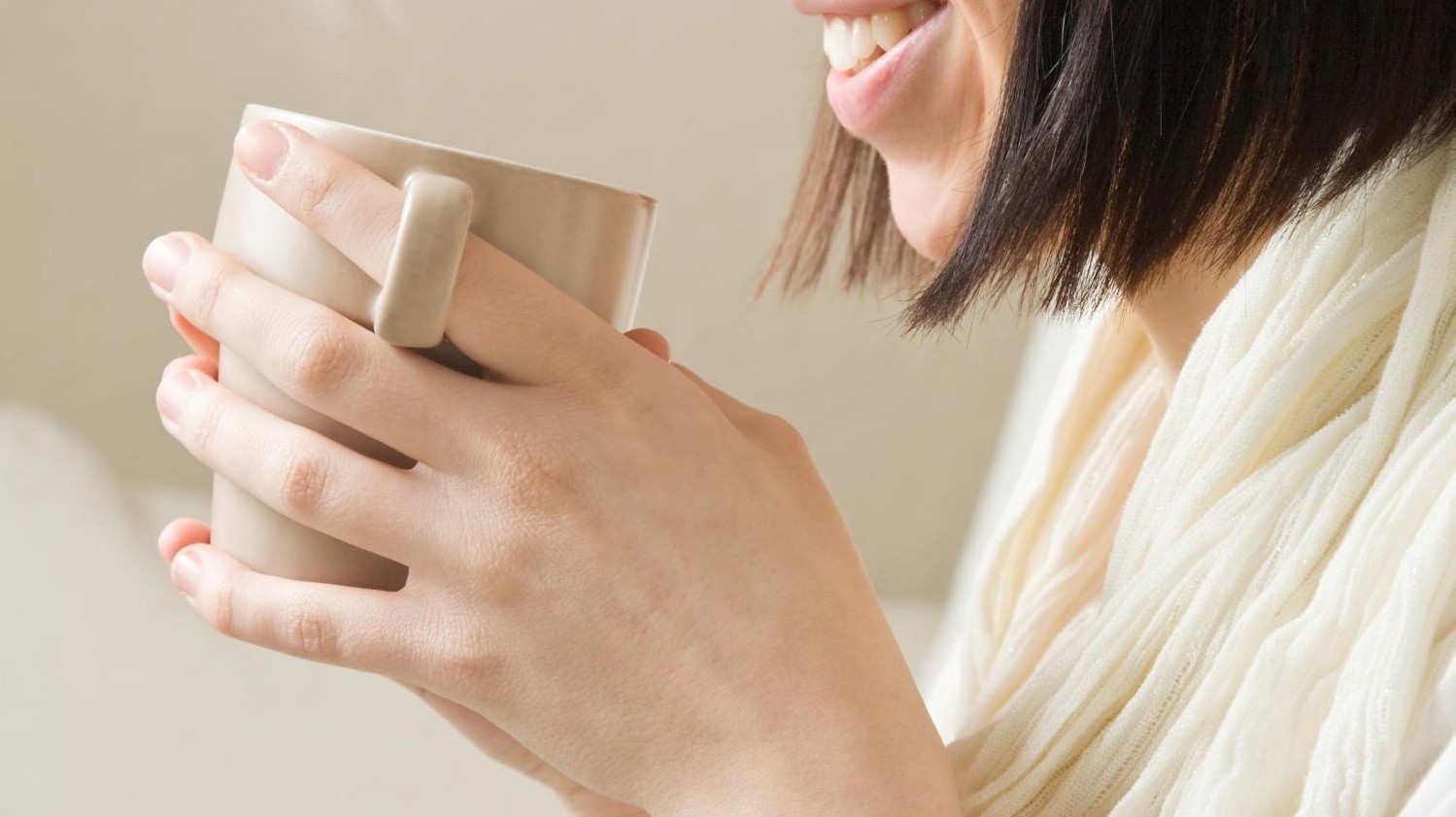We don’t need any encouragement when it comes to brewing up. But as yet another study hints at the health-boosting benefits of tea, Lisa Salmon stirs up support for the humble cuppa
The facts speak for themselves. The average Brit consumes three cups of tea a day and, after water, tea is the second most consumed drink in the country. Most days, approximately 40% of the nation’s fluid intake will be, yes, tea.
But while many of us might think the main gain from all these cuppas is simply that it’s habitual/sociable/comforting/a chance to have a little break at work, there are some much deeper health reasons why a regular tea round is a good idea.
Newly released research from China has suggested that regular tea drinkers have a 21% decreased risk of developing breast cancer.
“It’s likely to be associated with the rich polyphenol content of both black and green teas,” says women’s health specialist and broadcaster Dr Catherine Hood. “Polyphenols have been reported to have antioxidant activity and potential anti-tumour effect.”
That said, Cancer Research UK’s senior health information officer Yinka Ebo, is keen to point out that studies like this do not give entirely the full picture – firstly they rely on people remembering how much tea they drank, and isn’t always clear about the type of tea consumed. Plus other important factors – such as overall lifestyle habits – aren’t necessarily taken into account.
“Most evidence from western countries like the UK have not found tea affects cancer risk,” she says. “Although a few studies have shown that extracts from green tea may have some effect on cancer cells in the lab, this has not yet been backed up by research in people.”
However, you don’t need to look far for good reasons to brew up. As well as the ritual and comfort of indulging in a cuppa, the humble beverage offers a host of health-boosting benefits. Dr Carrie Ruxton, from the Tea Advisory Panel (TAP), is here to guide you through them.
Brain
Observational studies suggest drinking tea is related to better cognitive function, because polyphenols may have a beneficial effect on blood flow. Dr Ruxton says: “Researchers have looked at keeping your mental faculties for as long as possible as you get older, and they’ve found these faculties are better in tea drinkers and people with high polyphenol intakes.”
Mouth
Tea is a natural source of fluoride, and provides about 70% of the mineral in UK diets. Fluoride helps prevent tooth enamel from breaking down, thus reducing the risk of tooth decay and gum disease. A University of Derby study last year suggested there may be too much fluoride in cheap teabags, but Dr Ruxton points out that the study estimated the average daily tea intake was one litre, while in the UK it’s just over 500mg, “so the threat was exaggerated”. Tea is also naturally anti-bacterial, and less bacteria in the mouth means less tooth decay.
Skin
Good hydration improves the skin, and a study led by Dr Ruxton three years ago, where some subjects drank up to six mugs of tea a day and others drank water, found tea was just as hydrating as water.
Heart
High black tea consumption may reduce the risk of cardiovascular disease by improving blood vessel function, according to a Dutch study. Dr Tim Bond, from TAP, adds: “It confirms earlier studies showing the same effect and provides further evidence for the heart health benefits of black tea in amounts of at least three cups daily.”
Gut
Polyphenols from tea and other sources are thought to have a beneficial effect on “good” gut bacteria.
Blood
A 2013 Australian study found black tea could help stabilise blood pressure, and additional research has suggested tea could have an effect on blood-sugar and improve insulin sensitivity, thus lowering the risk of type 2 diabetes.
Bones
Most people have milk in tea, and while some studies have said the addition of milk slows down the absorption of polyphenols, many others have said it has no effect.
Four cups of tea with milk provides 21% of an adult’s daily calcium requirement, which is certainly beneficial for women who need calcium to strengthen their bones as they get older.
